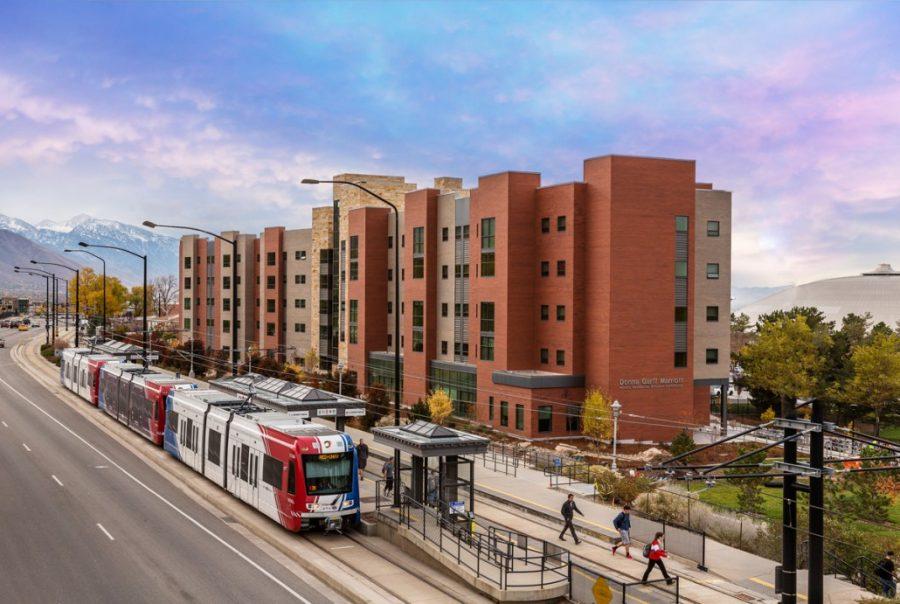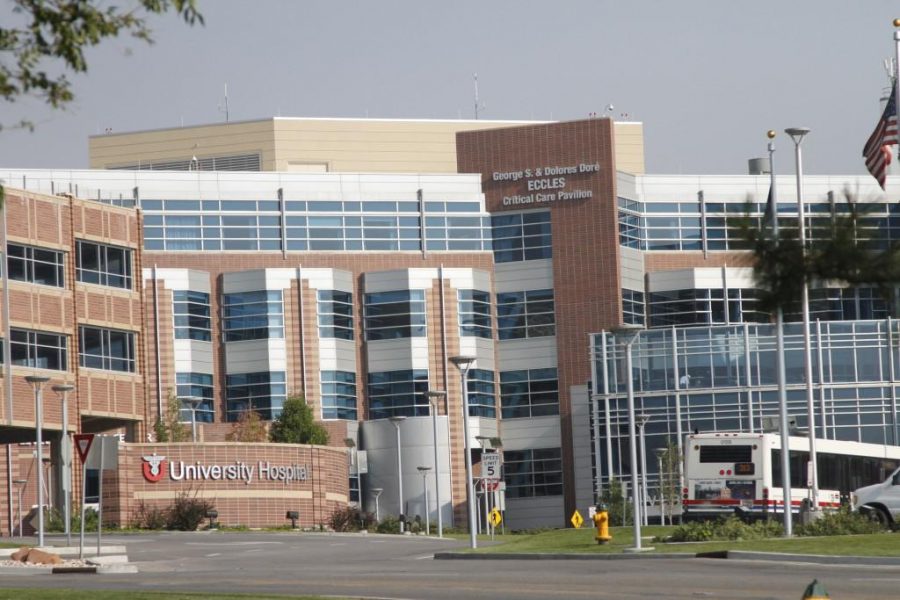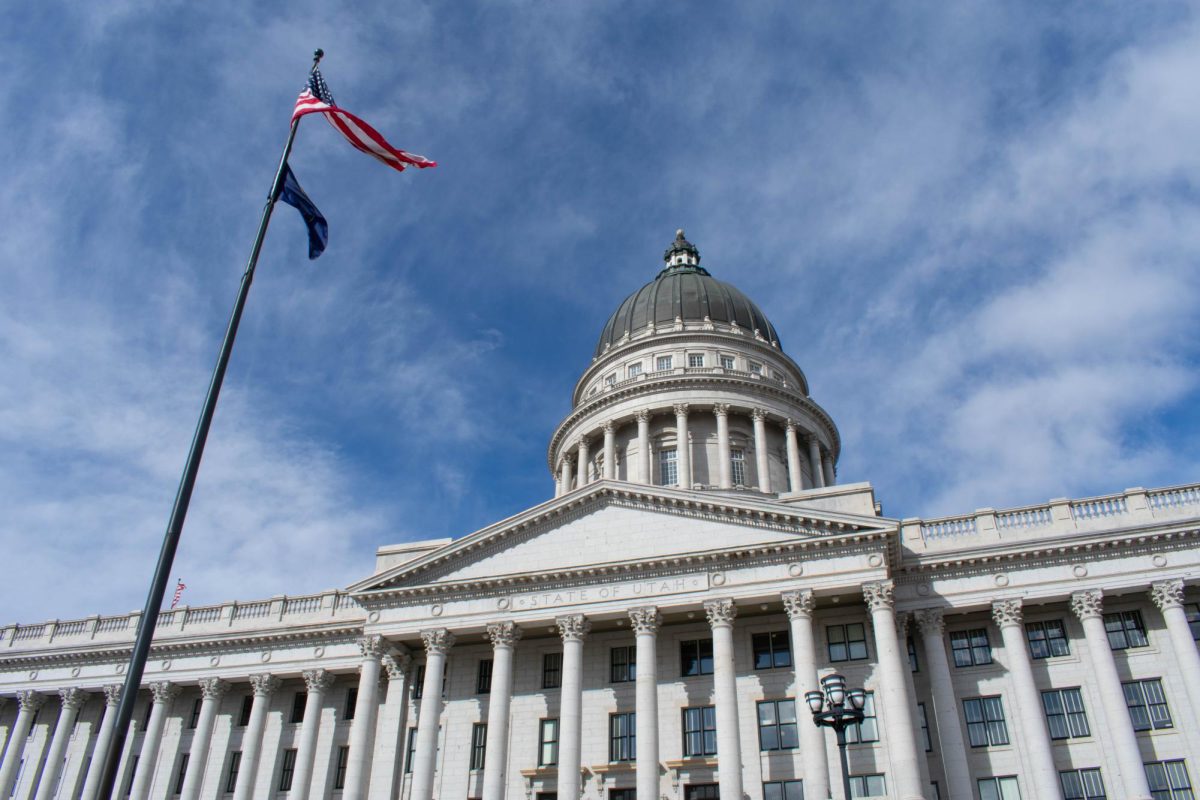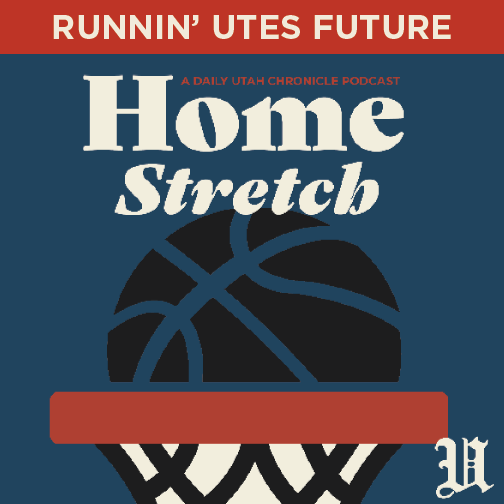New HRE Announcement Forces Most Students Out of On-Campus Housing
March 24, 2020
Only two weeks after announcing that all students had the opportunity to stay in their on-campus housing, University of Utah Housing and Residential Education announced that only select students will be able to remain on campus. Residents have until Friday, March 27 to move out.
HRE previously encouraged all students who could to leave campus in the wake of the COVID-19 pandemic and move to online classes but intended to allow others to stay with dining options remaining open.
Those wishing to remain on campus now must fill out a “request to stay” form. Housing will be prioritized for international students, students experiencing homelessness, foster youth and those with known health and safety risks.
Resident assistants are also being forced to move out if they do not meet HRE’s standards for staying.
Abby Broadbent, a junior piano performance major, lives in Officer’s Circle and was hoping to stay as long as possible. Broadbent’s parents live in Salt Lake County, so it won’t be a long move, but she said it will be stressful and definitely make her life harder. She intends to live there until she can find a different living situation.
“Selfishly, I wish I could stay since it’s much better for my mental health to live on my own, but I realize we have to put physical public health first,” she said.
Despite her desire to stay, Broadbent said she understands why the U had to make the decision. She was surprised when she received the notification on Monday, March 23. She said she just gotten used to a new normal after classes moved online and now she has to change everything again.
Broadbent is one of many students who are required to move out. HRE stated on their website that “needing to remain on campus due to a job or for personal preference will not be accepted reasons to stay.”
Lexie Maschoff, the Assistant Director for Communications & Assessment for HRE, said they are viewing all requests to stay on a rolling basis. She said every denied request will be reviewed by two separate members of the HRE staff.
The decision was made in conjunction with university leadership.
“COVID-19 has rapidly progressed, and it had been an evolving situation from when it began. It is always our intent to provide updates to our students based on the current scenario,” she said. “The reality was, with the students who remained on campus, we were unable to support and be in compliance with the state’s guidelines of physical distancing.”
Maschoff said HRE understands this announcement and situation can be shocking and stressful at this time of uncertainty. She said HRE makes decisions to prioritize the health, well-being and safety of the community as a whole.
“At the times of our previous messaging, we provided context for what our reality was then, but as the situation continues to evolve, we did have to tweak our messaging as we went along,” she said.
Maschoff said there is no designated number of students who will remain on campus, as it’s dependent on each personal situation.
Students who cannot move all of their belongings out now can select a pick up date no later than May 2 to move out.
Students for a Democratic Society at the U encouraged students to call upper university leadership and ask for “no student evictions” on March 24 from 10 a.m. to 4 p.m. in support of students who may be going back to hostile and triggering home situations.
In response to this announcement, the U COVID-19 Community Resources page has created a housing and financial/travel assistance sheet that students in need can fill out. They have also set up a Google form for those who could house displaced students and another one for those able to provide financial and travel assistance.
There is also an emergency student support fund for students and an application for emergency financial aid. Last week, ASUU announced that they will reallocate their funding to support students affected by the pandemic.
n.colby@dailyutahchronicle.com
Editor’s note: Signs and symptoms of COVID-19 include fever, dry cough, tiredness and shortness of breath. These symptoms are believed to occur between two and 14 days after a person is exposed to the disease. If you have these symptoms and have recently come into contact with a person who is known to have COVID-19, or if you have recently traveled to an area with community spread of the disease, you should call your doctor. Areas with community spread of COVID-19 are believed to include China, South Korea, Italy, Iran and Seattle. If you do not have a doctor who you visit regularly, please call the Utah Coronavirus Information Line at 1-800-456-7707 or the University of Utah Health hotline at 801-587-0712. Do not go to a healthcare facility without first making arrangements to do so.











